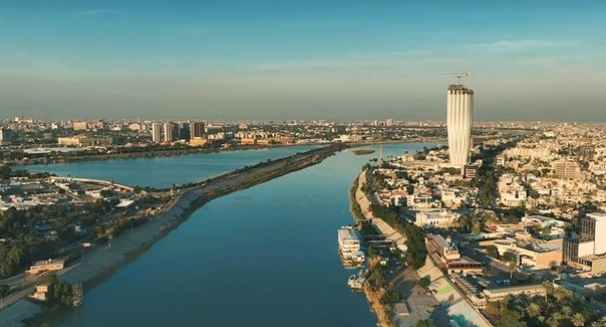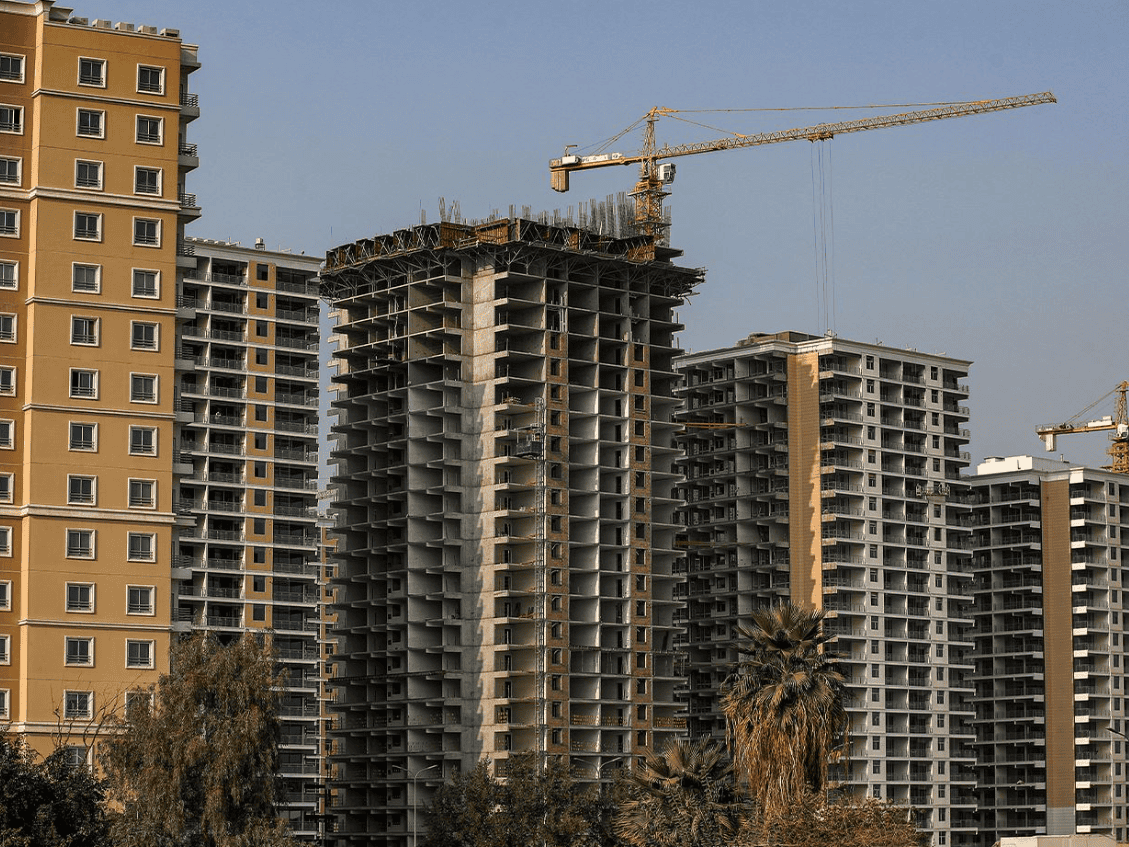Iraq real estate market: Opportunities, challenges, and future prospects

Baghdad
Baghdad (IraqiNews.com) – Over the past five years, Iraq’s real estate market, especially in Baghdad, has seen a remarkable surge, particularly within the residential sector. Some regions have experienced a staggering 50% increase in property prices, creating lucrative opportunities for investors looking to capitalize on this thriving market.
Factors driving the real estate boom
For two decades, Iraq’s real estate sector was largely neglected due to wars and internal conflicts. However, post-2020, with 57% of the Iraqi population under the age of 25, the demand for housing skyrocketed, far outstripping supply. This surge in demand has driven property prices to unprecedented levels.
Experts point to several factors contributing to this rapid increase in real estate prices between 2021 and 2022. Some attribute it to misguided policies by the Iraqi government and the Central Bank of Iraq (CBI), which involved printing over 45 trillion Iraqi dinars, much of which flowed into the real estate market. Others suggest that certain individuals used the real estate sector for money laundering, further inflating prices.
Market value and investment potential
Currently, the Iraqi real estate market is valued at over $1.1 billion, with an expected annual growth rate of 4.4%. By 2028, the market is projected to reach a volume of $1.32 billion, offering substantial returns on investment (ROI). For instance, a three-bedroom house in Mosul, purchased in December 2022 for 80 million Iraqi dinars (IQD), is now valued at 200 million IQD, yielding a 150% ROI in just two years. Similarly, a two-bedroom apartment in the Iraq Gate Complex in Baghdad, purchased in 2022 for $300,000, is now worth $450,000, reflecting an exceptional 50% ROI in two years.
Challenges facing Iraq’s real estate sector
Despite its promising growth, Iraq’s real estate sector faces several challenges:
· Political Instability: Internal and regional conflicts continue to impact market stability.
· Bureaucratic Hurdles: Obtaining necessary permits and approvals for real estate transactions can be a cumbersome and time-consuming process.
· Uneven Infrastructure Development: Some areas lack basic amenities such as roads, water supply, and electricity, limiting their attractiveness to investors.
· Cash-Based Market: The market operates entirely on cash transactions, complicating matters for international buyers. High bank fees and delays associated with international bank transfers further exacerbate the issue.
Future outlook and government initiatives

Photo by: Rudaw
In prime areas like Mansour, where prices hover around $4,000 per square meter, experts and government officials predict a potential drop in property values. The Iraqi government is taking steps to regulate the sale of units within apartment complexes and is actively building new cities around Baghdad, offering properties at more affordable prices.
For example, the Ministry of Construction and Housing has announced that units in Jawahri Residential City, located on the outskirts of Baghdad, will be sold for 900,000 IQD per square meter, with other cities offering prices around 850,000 IQD per square meter.
Safe and profitable investment options
While Iraq’s real estate market can be complex and fraught with risks, certain areas offer safer investment opportunities. Experts recommend focusing on cities with growing populations and increasing housing demand, such as Karbala, Najaf, Mosul, Anbar, and Tikrit. Although these cities may not yield the high returns seen in Baghdad, they are considered safer investments. Additionally, investing in Baghdad’s suburbs and surrounding areas is also deemed both safe and potentially very rewarding.
Also, check out: Iraq, EGID sign strategic agreement to improve investment climate
